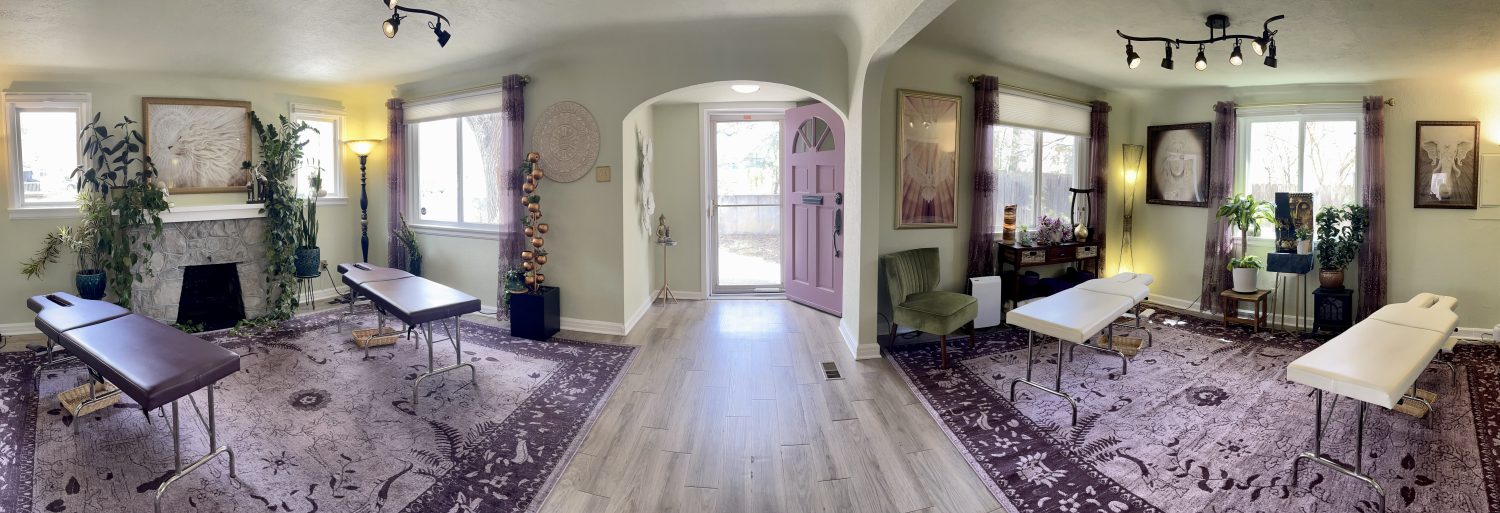Our need to know what’s “wrong”
Labels, names, patterns and diagnoses
 We have a compulsion in our society to know what is “wrong”. We somehow think that if we can figure out what’s wrong with us by giving it a label, name, pattern identification or diagnosis that some how we will be better equipped to fix it, heal it or change it. Unfortunately this perspective is flawed.
We have a compulsion in our society to know what is “wrong”. We somehow think that if we can figure out what’s wrong with us by giving it a label, name, pattern identification or diagnosis that some how we will be better equipped to fix it, heal it or change it. Unfortunately this perspective is flawed.
When we give something a label or name we make it more solid, fixed and “real”. Though this gives our mind the ease it often needs by naming a previously “out of control” experience, sensation or feeling it simultaneously does little in helping us realize our wholeness which is true healing.
Some might argue that when they discover a name for their state of being or condition that they then have a path or means in how to address their issue or condition. Say for example you have a set of symptoms and you go to your doctor and he/she looks at your set of symptoms and says, “ah yes you have multiple sclerosis”. Now you can take drugs or do therapies that address the symptoms that you are experiencing to try and repress them or get them to go away. Some level of comfort or success may be felt by all parties yet has any actual healing happened; any return to a more unified and whole state?
This entire scenario above is based on the assumption that the symptoms you experience are wrong and should be stopped or suppressed because they are interfering with the life you think you should be living. What if there was a different scenario? What if instead symptoms that you experience or sensations or feelings that you don’t like that you experience where simply life trying to teach you something? What if they are meant to interrupt your life? Would you still try to get rid of them or would you try to discover what it is they are there to teach you?
Seeing life reorganize itself
Deep listening
 I have found in my personal experience with symptoms over the years that once I’ve learned what they are there to teach me they abate on their own. The intelligence of the body resolves them because their function is no longer needed or useful. Even things that would be considered “incurable” by western standards I’ve watched resolve time and time again.
I have found in my personal experience with symptoms over the years that once I’ve learned what they are there to teach me they abate on their own. The intelligence of the body resolves them because their function is no longer needed or useful. Even things that would be considered “incurable” by western standards I’ve watched resolve time and time again.
So what is required to allow for this course of action? A change in our perspective in how we view disruptive, disturbing or uncomfortable sensations or feelings. What if symptoms were there to teach us how to love ourselves more? Or what if they are there to teach us how to relax and be present or to guide us down a different path in life then the one that we are currently on? These are some to the rich lessons that can be learned when we stop resisting and trying to figure out our symptoms, and rather listen to and be with them.
This is a radical shift in perspective for most. The tendency to resist, get rid of, change or “freak out” when we experience a sensation, feeling or state of being that doesn’t feel good or “right” is very strong. We must first recognize our tendency to do this and catch ourselves in the act. When we have the capacity to catch ourselves in the act we have an opportunity to change our perspective. The perspective change is from one of operating out of wrongness and being motivated by fear to one of operating in acceptance of what is and being motivated by seeing what life is teaching us through this.
This requires deep listening and a willingness to feel what is below the surface of our freak out. We will be different and we will transform as we change our perspective. We will be able to see more clearly what is really going on rather than going on an epic search in the dark trying to finding the next magical cure that will be the one to fix us. We will feel a drop into greater acceptance of what is and thus greater acceptance of ourselves. This is the only way that true transformation can occur. Everything else is efforting.
We reorganize to more efficient configuration when we transform. We essentially start to “work” better. Though it may be challenging to really shift perspectives when we do a whole new world of possibilities becomes available to us.
Dr. Amanda Hessel, Chiropractor, Network Spinal Analysis & Somato-Respiratory Integration, Boulder, Colorado
